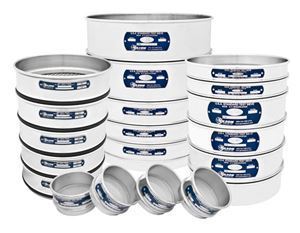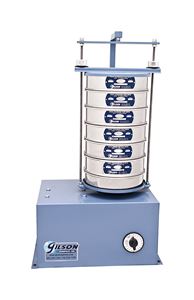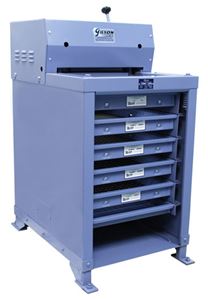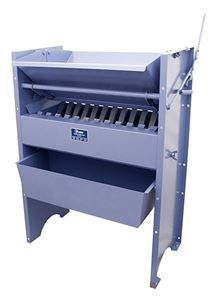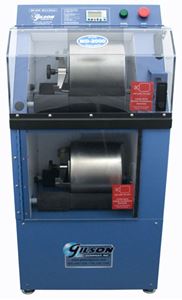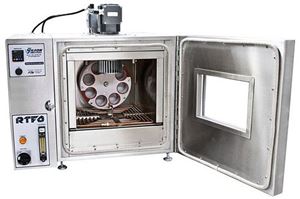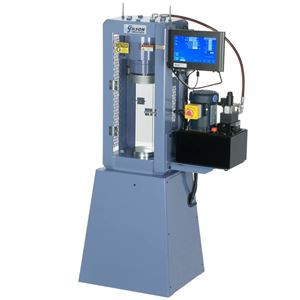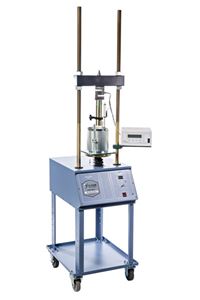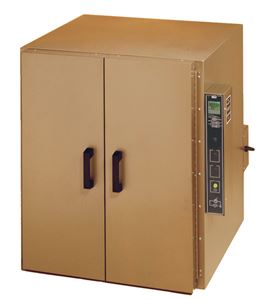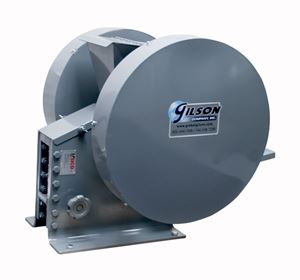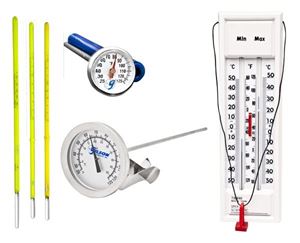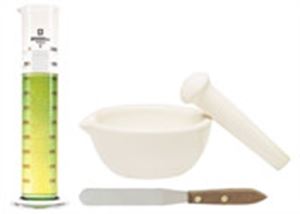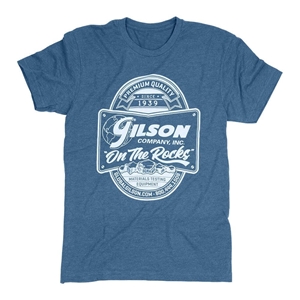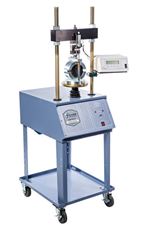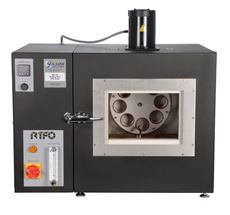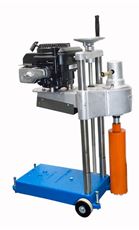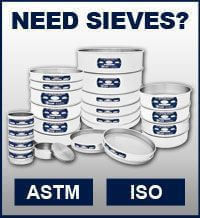- Log in
- Favorites List
-
Shopping Cart
You have no items in your shopping cart.
Asphalt Testing Equipment
Gilson’s asphalt testing equipment meets ASTM and AASHTO test standards for Marshall and Superpave mix design, binder, and pavement quality.
Asphaltic concrete, or just asphalt, is the most widely used construction material for paving roadways. Demands on roadways from increased traffic volumes and axle loads are high and steadily increasing. Modern asphalt pavements must resist rutting, thermal variations, high load cycles, hydraulic pressures from water, and more. Air void content, density, shear strength, stiffness, and fatigue resistance tests confirm paving materials are up to the task.

Asphalt mixtures are designed to meet specific requirements to resist loads and environmental conditions, ensuring optimum pavement performance and longevity. An acceptable mix design establishes material volumes that are used when producing the quantity of asphalt needed for paving operations.
Trial blends of asphalt binder with known proportions of fine and coarse aggregates are evaluated using asphalt testing equipment to define the qualities of different mixes.
Quality assurance and quality control practices are followed so a consistent product is placed during construction. Continued laboratory and field testing ensure that the production and performance of the asphalt material meet expectations.
- Asphalt Mix Design equipment meets ASTM and AASHTO requirements for sampling, mixing, compaction, and strength testing. Mix design begins with selecting and proportioning aggregates, asphalt bitumen, and additives.
Marshall, Superpave, or specific gravity design methods are used to create mixes suitable for pavement loads and environmental conditions. Lab formulated blends are tested for durability, the ability to avoid cracking and rutting, temperature performance, and other properties. The Rice test is used to measure the specific gravity of asphalt.
Gilson's Quartermaster Asphalt Sample Divider produces accurate representative samples for testing. Marshall load frames and Superpave gyratory compactors test the strength, flow, and compaction properties of asphalt. The Hamburg loaded-wheel trackers predict resistance to rutting from high axle loads. Asphalt content furnaces and extractors measure the asphalt binder content in mixes.
- Asphalt Binder Testing measures binder properties that affect the performance of the hot mix asphalt. Binder testing defines viscosity, the effects of aging, ductility, penetration resistance, and softening point.
Rolling thin film ovens, pressure aging vessels, and vacuum degassing ovens determine the effects of short-term and long-term aging. Viscometers, rotational viscometers, and dynamic shear rheometers measure binder viscosity. Ductility testers, penetrometers, and bending beam rheometers assess shear strength, ductility, and flow of binder samples. Ring and ball testing establish the softening point of the binder.
- Pavement Quality Testing ensures that the asphalt in the pavement has the same properties as the approved laboratory mix design. These tests are performed in the field during construction or after the paving mat is installed.
FLIR® thermal imaging systems monitor temperature profiles during lay down to ensure temperatures are correct for compaction. Core drilling machines and diamond core bits sample in-place asphalt for density, thickness, and other properties. Asphalt permeameters characterize the movement of water through the pavement. Benkelman beam devices provide data on the deflection and density of the completed pavement surface.
For more information on Asphalt Testing Equipment, here are our related blogs:
- Construction Material Testing: 7 Things to Know About Certification
- Paving the Way to an Asphalt Technician Certification
- Construction Materials Testing Certifications: an Overall Compilation
- Build the Optimal System for Your Geotechnical Applications with Load Frames
- Marshall Test Method: Everything You Need to Know
- How To Set Up A Field Lab For Construction Materials Testing: The Essentials
- Setting Up A CMT Field Lab: Application-Specific Equipment & Considerations

